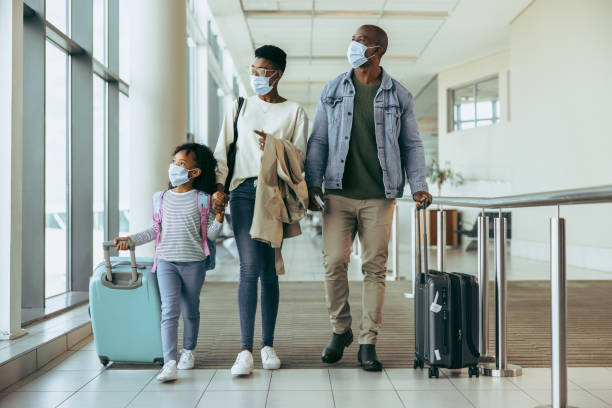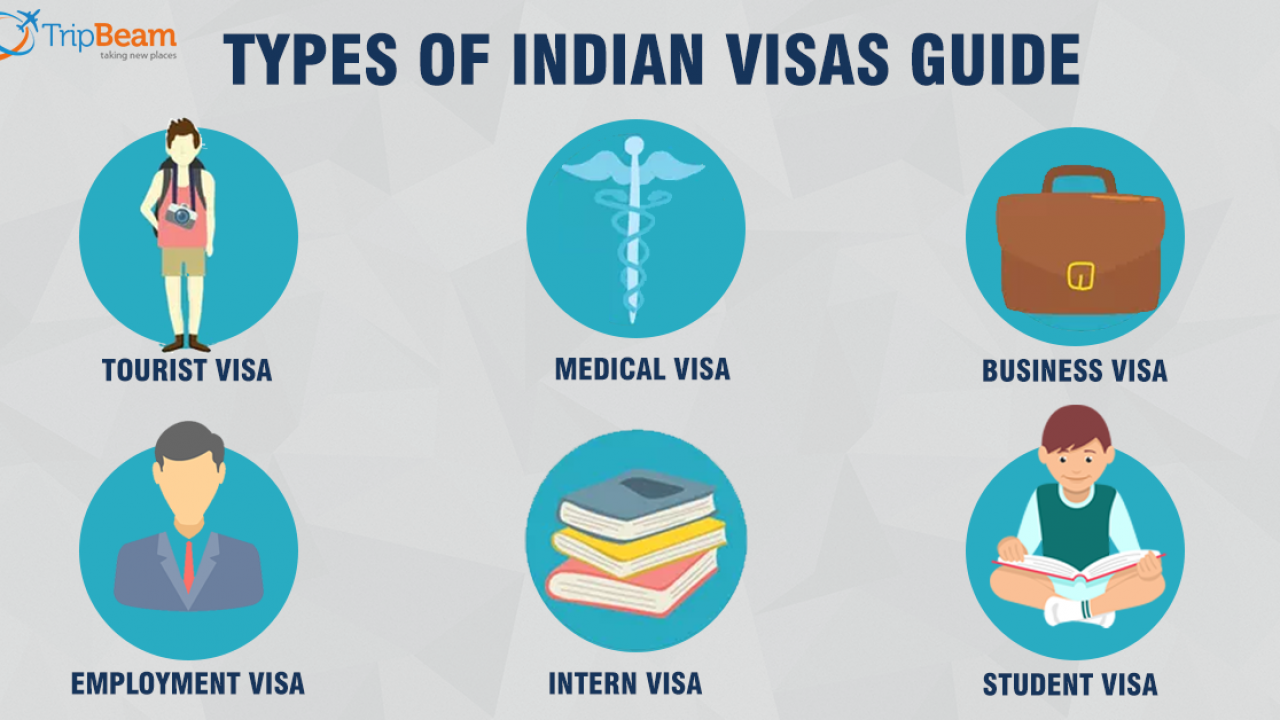If you have a criminal record, there are a few things you should expect when travelling to India. First, you may be denied entry at the airport. Second, you may be subjected to additional screening and questioning by Indian authorities. Third, your criminal record may limit your ability to work or volunteer in India. Finally, you may be required to disclose your criminal record to your host family or organisation. Indian Visa from Switzerland
Introduction
If you have a criminal record, travelling to India can be a daunting experience. There are a few things you should know before you travel, to make the process as smooth as possible.
First and foremost, you will need to get a visa. If you have a criminal record, you will need to apply for a tourist visa, rather than an e-visa which is available to most travellers. The process for getting a tourist visa is relatively straightforward, but you will need to provide fingerprints and a photograph, as well as details of your criminal record.
Once you have your visa, you will need to declare your criminal record at immigration. This is important, as if you do not declare your record and it is discovered later, you could be deported. When declaring your record, be honest and forthcoming about the details.
Once you are in India, you may find that your criminal record limits your options for activities. For example, you may not be able to visit certain temples or participate in certain activities. However, there are still plenty of things to see and do in India, so don’t let your criminal record stop you from enjoying your trip. TRAVELLING INDIA WITH CRIMINAL RECORD
What to expect when travelling to India with a criminal record
If you have a criminal record, there are a few things you should know before travelling to India. First and foremost, you will need to obtain a visa. Visas can be obtained from the Indian consulate or embassy in your home country, and you will need to provide them with a copy of your criminal record. In most cases, you will also need to provide a letter from your employer or another third party confirming that you are not a flight risk and that you have ties to your home country.
Once you arrive in India, you will be fingerprinted and your fingerprints will be entered into the Indian National Crime Records Bureau (NCRB). The NCRB is a database of all criminal activity in India, and your fingerprints will be used to track your movement throughout the country. You may also be required to submit to a police interview upon arrival.
If you are convicted of a crime while in India, you will be subject to the same penalties as Indian citizens. This includes the death penalty for certain offences. You should be aware of the laws of the country you are travelling to, and any possible penalties you may face if convicted of a crime.
The process of getting a visa to travel to India with a criminal record
Travelling to India with a criminal record can be a daunting prospect. There are a few things you need to know and expect before you embark on your journey.
The first thing you need to do is check if your criminal record will prohibit you from travelling to India. You can do this by contacting the Indian High Commission or Consulate in your home country.
If your criminal record is not an issue, then you need to apply for a visa. The process for this can vary depending on your country of origin, but you will generally need to provide the following documents:
– A completed visa application form
– Your passport, which must be valid for at least 6 months from the date of your proposed travel
– Two recent passport-sized photographs
– A letter from your employer or school, confirming your travel dates and purpose
– An onward or return ticket
– Proof of sufficient funds to support your stay in India
– A yellow fever vaccination certificate, if you are coming from a country where the disease is endemic
Once you have gathered all the required documents, you can submit your application to the Indian High Commission or Consulate. The processing time for visa applications can vary, so it is important to allow enough time for your application to be processed.
Once your visa has been approved, you will need to pay the visa fee and then wait for your visa to be issued. Once you have your visa, you are ready to travel to India!
Keep in mind that even if you have a valid visa, you may still be subject to additional screening upon arrival in India. This is at the discretion of the immigration officer and is based on a number of factors, including your criminal record.
If you are travelling to India with a criminal record, it is important to be honest and upfront about your history. Trying to hide your criminal record can lead to serious consequences, including being denied entry into India.
So, if you are planning to travel to India with a criminal record, make sure you do your research and be prepared for additional screening. With a little planning and preparation, you can still have a great trip!
Tips for travelling to India with a criminal record
If you have a criminal record, you may be wondering what to expect if you travel to India. Here are four tips to help you plan your trip:
1. Check visa requirements carefully
If you have a criminal record, you will need to check the visa requirements for India very carefully. The Indian government has very strict requirements for travellers with criminal records, and you will need to make sure that you meet all of the requirements before you travel.
2. Expect delays at the airport
When you arrive in India, you can expect to be delayed at the airport while the authorities check your criminal record. Be prepared for this and try to be patient.
3. Be honest with the authorities
When you are dealing with the authorities in India, it is important to be honest about your criminal record. If you try to hide it, you may find yourself in more trouble than you bargained for.
4. Be prepared for a difficult trip
Travelling to India with a criminal record can be a difficult and stressful experience. Be prepared for this and try to make the best of it.
Conclusion
If you have a criminal record, travelling to India can be a daunting prospect. However, it is possible to travel to India with a criminal record, as long as you take the necessary precautions.
The first thing you need to do is obtain a travel visa. If you have a criminal record, you will need to apply for a tourist visa, rather than an e-visa. The process for applying for a tourist visa is the same as for any other traveller, but you will need to declare your criminal record on your application.
Once you have your visa, you need to be aware of the restrictions that will be placed on you. You will not be able to leave the airport transit lounge, and you will be required to report to the local police station on arrival. You may also be required to surrender your passport to the authorities.
If you are planning to travel to India with a criminal record, it is essential that you research the country and the laws that apply to foreigners. You should also contact the Indian embassy in your home country, to ensure that you are aware of the requirements for entry. With a little planning and preparation, it is possible to travel to India with a criminal record.



